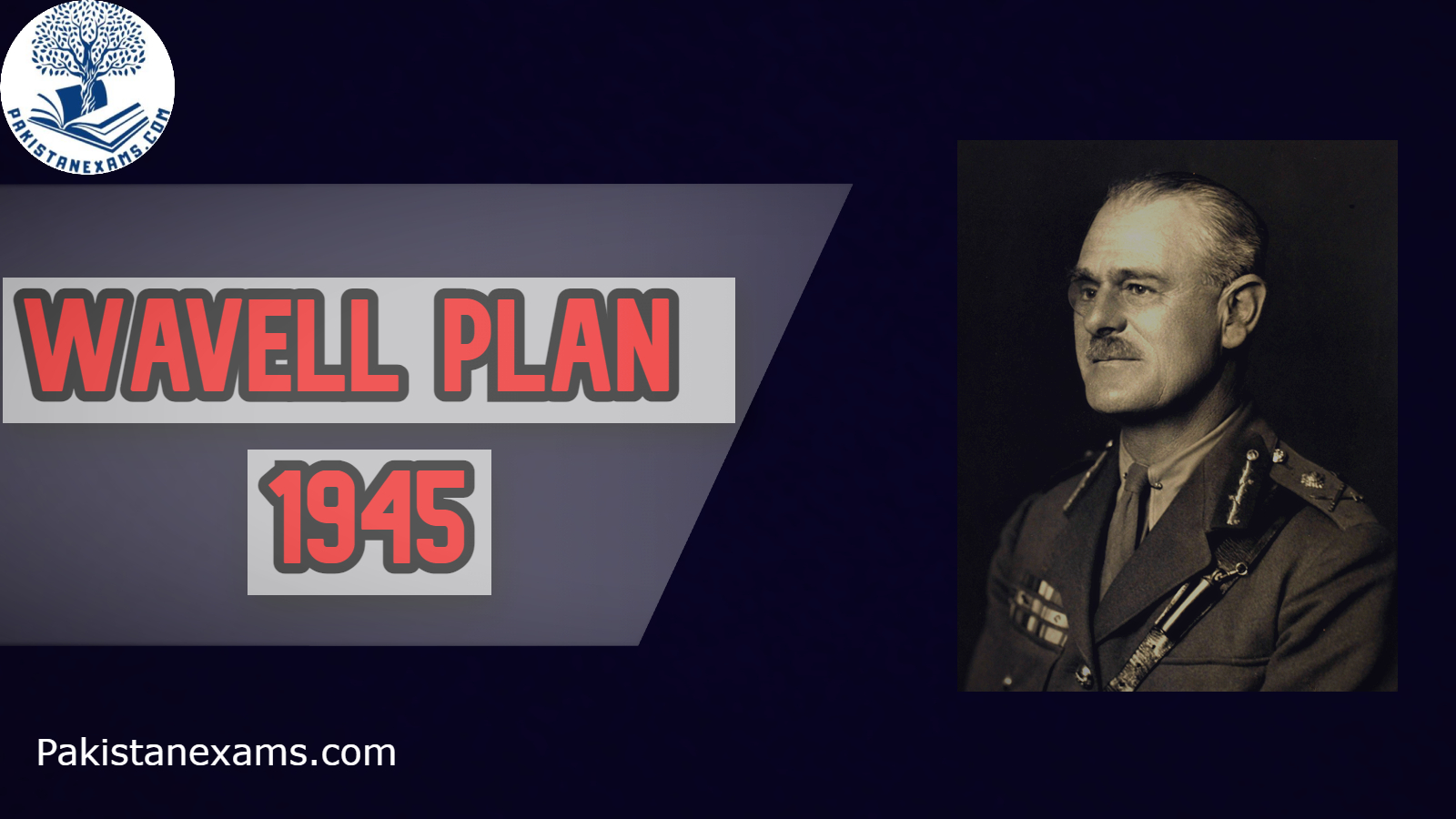Introduction
In 1943, Lord Wavell took charge as the Viceroy of India. He was charged with presenting a formula for the future government of India that would be acceptable to both INC and the All-India Muslim League, allowing for a smooth transition of power. Lord Wavell was considered an appropriate person for this task because he had been the head of the Indian Army and thus had a better understanding of the Indian situation. He gave his plan on June 14, 1945.
Proposals of the Wavell Plan
Viceroy’s Executive Council
All the members of the Viceroy’s Executive Council were to be Indians. Only the Viceroy and the Commander-in-Chief were not to be Indians.
Members of the Viceroy’s Council
In the Wavell Plan, it was ensured that the council was to have a balanced representation of all Indians. The Indian Muslims got 6 out of the 14 members.
Powers of Viceroy in Wavell Plan
Viceroy would still have the power of veto but its use would be minimal.
Foreign Affairs
The foreign affairs portfolio would be transferred from the Viceroy to an Indian member. Moreover, if this plan works, similar councils would be formed in all provinces comprising of local leaders.
The Simla Conference 1945
Introduction of the Simla Conference
Lord Wavell invited 21 political leaders to Simla, the summer capital of British India, to discuss the Wavell Plan on June 25, 1945. Mr. Jinnah represented the All-India Muslim League and Maulana Abul Kalam Azad represented the INC.
Failure of the Simla Conference
The conference failed because the All-India Muslim League and Congress could not settle their differences. Mr. Jinnah insisted that only the All-India Muslim League could be the representative of the Muslims in the Simla Conference. Moreover, he also opposed the idea of Congress nominating Muslim members. Congress did not agree to this demand of Mr. Jinnah. All-India Muslim League also wanted the power of veto to any constitutional proposal that it believed was not in its interest. Congress opposed this demand too. The Wavell Plan was dissolved with the failure of the Simla Conference. Hence, with its failure the last chance to avoid the partition also failed.

